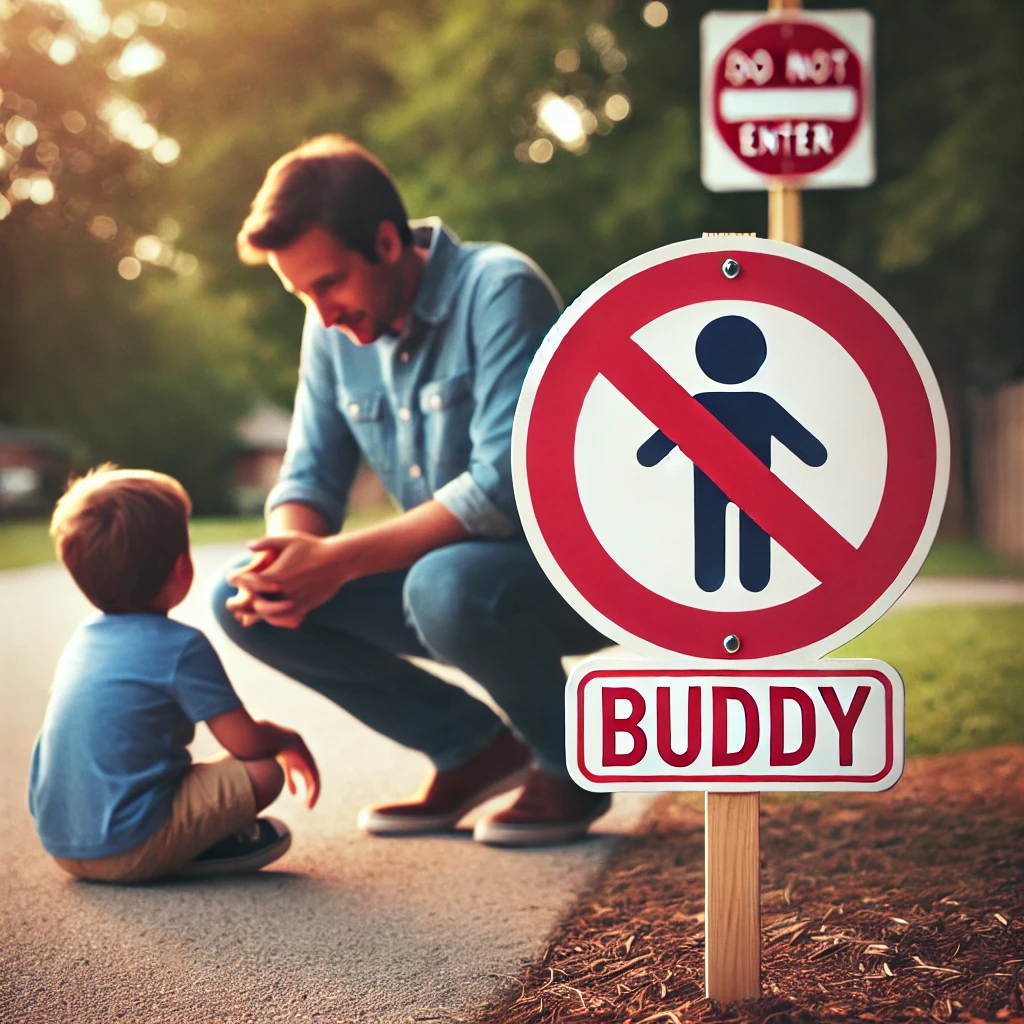Posts Tagged ‘Parents’
Teaching Children to Request: The Power of Withholding
One of the most powerful ways to help a child develop language—whether through speech, signs, or a communication device—is also one of the most challenging: withholding. Yes, withholding. It might sound harsh at first, but let’s break it down. Children learn to communicate when they experience a need to communicate. And that need is clearest…
Read MoreWhy “Buddy” Isn’t Enough: The Quiet Cost of Confusing Friendship with Fatherhood
It’s common today to hear fathers call their sons “buddy.” The word is everywhere—on playgrounds, in coffee shops, in the aisle of the grocery store. It’s casual, friendly, affectionate. And yet, when a father consistently refers to his own child as “buddy,” it often signals something more than just a nickname. It can be a…
Read MoreParent Support Meetings: You Are Not Alone
At Accessible Hope, we understand that parenting a child with challenging behaviors can sometimes feel overwhelming. You are not alone, and you don’t have to do this without expert support. That’s why we strongly encourage you to regularly schedule Parent Support Meetings with your child’s Board Certified Behavior Analyst (BCBA). What Are Parent Support Meetings?…
Read MoreWhy Your Data Matters: Partnering for Your Child’s Success
At Accessible Hope Therapy Center, we deeply value your partnership as parents in helping your child achieve meaningful progress. One of the most powerful ways you can support your child’s success in ABA therapy is by consistently collecting data on targeted behaviors at home. Why Collect Data at Home? We often see your child for…
Read MoreFive Reasons Why Every Child’s Day Should Begin with Sharing Time
For many years, I have used and recommended procedure for starting a child’s day, whether you are a school teacher, Sunday School teacher, or parent. In my experience, implementing this procedure can vastly improve instructional outcomes, specifically by increasing student time spent learning through reducing distractions. When I was a school teacher, I began every…
Read MoreThree Pitfalls to Avoid When Giving Directions to Children
Giving directions is a necessary part of teaching children, not only for getting things accomplished, but also for building solid relationships with them. Over the course of time, I’ve noticed three common pitfalls that many adults stumble into when they give directions to children. Learning to avoid these pitfalls can save time and keep you…
Read MoreWhy I Don’t Use a Timer to Track 2 Minutes
There are innumerable times teachers, parents, and other caregivers need to track (approximately) 2 minutes worth of time. Indeed, I suggest adults track 2 minutes for a wide variety of techniques. Only rarely do I suggest adults use a timer to keep track of 2 minutes. Here is why. ”2 minutes” is a Terrific Tool…
Read More



